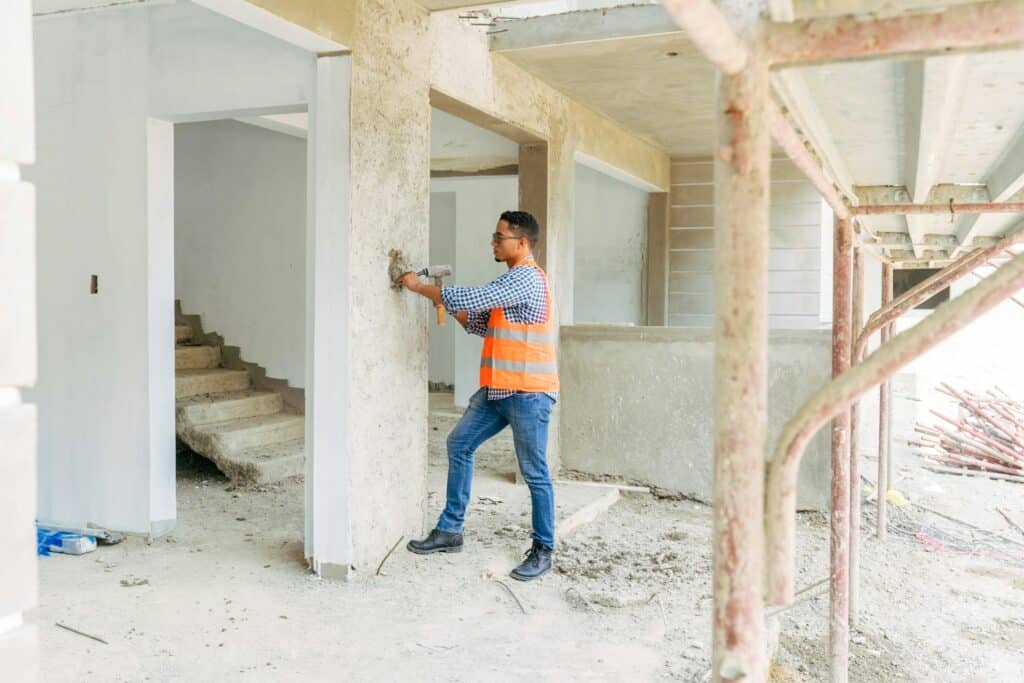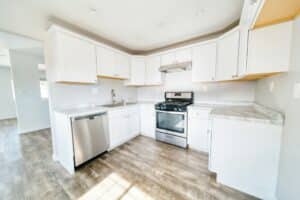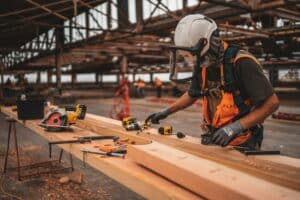Planning a home renovation in Thailand involves several key steps to ensure the project is successful and hassle-free. Whether you are upgrading your existing residence or transforming a newly purchased property, having a clear plan in place is essential. The renovation process can be complex, especially in a unique environment like Thailand, where climate, local regulations, and cultural elements play significant roles.
Setting a realistic budget and timeline for your renovation project is crucial. Unexpected costs and delays can quickly derail your project if not properly anticipated. Allocating funds for unforeseen expenses and creating a detailed schedule can help mitigate these challenges, ensuring that your renovation proceeds smoothly.
Navigating the legal and regulatory landscape is another important step in the renovation process. Understanding the necessary permits, approvals, and local building codes will help you avoid legal complications and ensure that your project complies with all regulations. Proper planning and preparation can make a significant difference, transforming your renovation vision into reality.
Setting a Budget and Timeline
Creating a realistic budget is essential for any home renovation project in Thailand. Start by listing all the expenses you can anticipate, such as materials, labour, permits, and design costs. Be detailed and thorough in your estimates to avoid financial surprises later on. Having a clear budget helps you manage your resources more effectively and ensures you don’t overspend.
Next, develop a detailed timeline for your renovation project. This should include each phase of the work, from initial planning and design to the actual construction and final inspections. Physically map out each stage on a calendar, specifying start and end dates for each task. This will help you track progress and ensure that the project stays on schedule. It’s also crucial to set realistic dates to accommodate any potential delays.
Allocating funds for unexpected costs is a smart move when planning your renovation. Set aside a contingency budget, typically 10-20% of your total budget, to cover any unforeseen issues that may arise. Whether it’s unexpected structural problems or sudden material price increases, having these funds available can prevent your project from stalling due to financial shortfalls.
Selecting a Reliable Contractor
Choosing a reliable contractor in Thailand is vital for the success of your renovation. Begin by looking for contractors who have a solid reputation and positive reviews. Recommendations from friends, family, or online reviews can be useful starting points. Make sure the contractor you choose has experience with similar projects.
During the hiring process, asking the right questions can help you gauge the contractor’s suitability. Inquire about their previous projects, timelines, and how they handle unexpected issues. Ask if they have ever completed a project in the timeframe and budget initially set. This will give you an idea of their reliability and professionalism.
Verifying credentials and past work is another critical step. Always check the contractor’s licences and certifications to ensure they meet local regulatory standards. Ask for references and visit some of their past projects, if possible. This will give you a better sense of their work quality and craftsmanship. By thoroughly vetting your contractor, you can proceed with confidence, knowing that your renovation is in capable hands.
Navigating Legal and Regulatory Requirements
Navigating the legal and regulatory landscape is crucial for any home renovation in Thailand. Before you begin, it’s essential to secure all the necessary permits and approvals. These can range from building permits issued by local authorities to specific environmental clearances depending on your project’s scope. Ensuring you have the right documents in place will prevent legal issues and project delays.
Understanding local building codes is equally important. These codes dictate the standards for construction practices and materials, ensuring safety and efficiency. Familiarise yourself with these regulations or consult a professional to guide you through them. Adhering to these standards not only ensures the safety of your home but also avoids potential fines and legal complications.
To ensure compliance throughout the renovation, keep open communication with local authorities and your contractor. Regularly check that the ongoing work aligns with the approved plans and codes. Scheduling inspections at various project stages can help catch any non-compliance early. By proactively managing these legal aspects, you can focus on the creative and functional elements of your renovation, confident that you are operating within the law.
Design and Material Selection
Assessing your design needs and preferences is an exciting part of the renovation process. Start by considering how you want each space to function and what aesthetic you desire. Create a vision board with colours, textures, and design elements that appeal to you. Consulting with a design professional can also help refine your ideas and ensure they are feasible.
Choosing durable materials suitable for Thailand’s climate is critical. The tropical weather, characterised by humidity and heavy rainfall, necessitates materials that are resistant to moisture and wear. Opt for materials like concrete, treated wood, and high-quality roofing that can withstand these conditions. Consider energy-efficient options that enhance insulation and reduce cooling costs, such as double-glazed windows and reflective roofing materials.
Balancing aesthetics and functionality in your renovation plans will result in a home that is both beautiful and practical. Select design elements that not only enhance the visual appeal but also serve a functional purpose. For example, built-in storage solutions can maintain a clutter-free space while adding to the room’s decor. Make choices that align with your daily needs and long-term maintenance considerations. With careful planning, your renovated home in Thailand will be a perfect blend of style and utility.
Conclusion
Planning a home renovation in Thailand requires careful attention to budgeting, contractor selection, legal requirements, and design choices. By setting a realistic budget and timeline, choosing a reliable contractor, and ensuring compliance with local regulations, you create a solid foundation for your project. Thoughtful design and durable material selection will further enhance the functionality and beauty of your renovated space.
If you are looking to transform your home in Koh Samui or anywhere in Thailand, CJ Samui Builders can help. Our construction contractors will guide you through every step of the renovation process, ensuring a smooth and successful outcome. Contact us today to discuss your renovation goals and start planning your dream home.




